Quick and Reliable Furniture Fixes
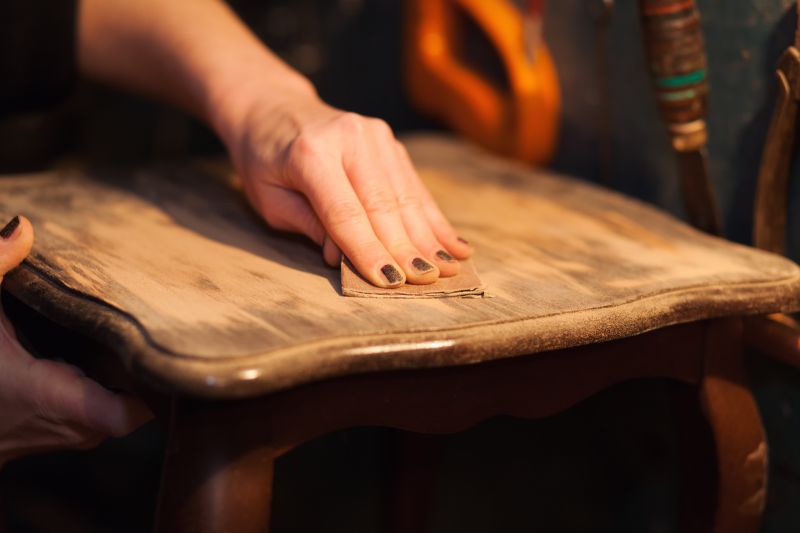
A technician restoring a wooden dining table with sanding and refinishing techniques.

A craftsman reupholstering a sofa to repair fabric tears and worn padding.
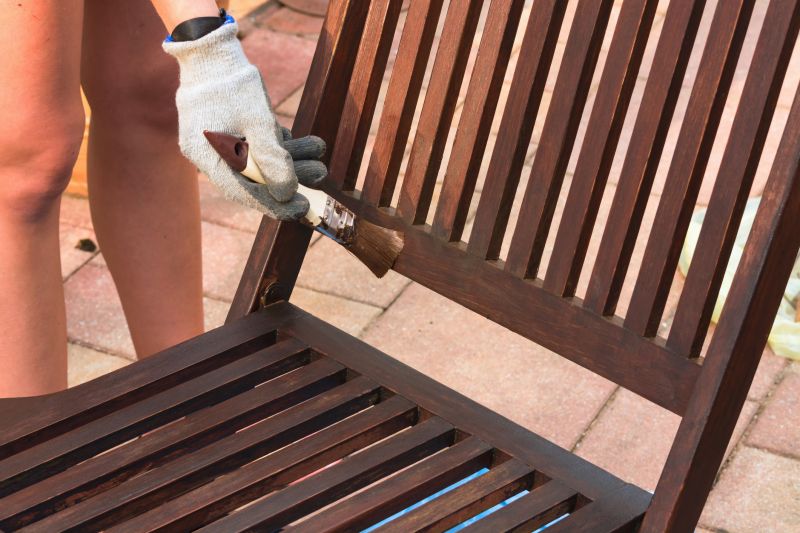
Applying a fresh coat of stain and varnish to revive a vintage wooden chair.
| Benefit | Description |
|---|---|
| Cost Savings | Repairing furniture is often more affordable than replacing it with new items. |
| Preserves Value | Restoring antique or high-quality furniture maintains its worth. |
| Environmental Impact | Repair reduces waste and the need for new resources. |
| Customization | Repairs can include personalized refinishing and upholstery options. |
| Extended Lifespan | Professional repairs can significantly prolong furniture usability. |
| Aesthetic Improvement | Restoration enhances the visual appeal of worn or damaged pieces. |
| Structural Integrity | Repairs reinforce the stability and safety of furniture. |
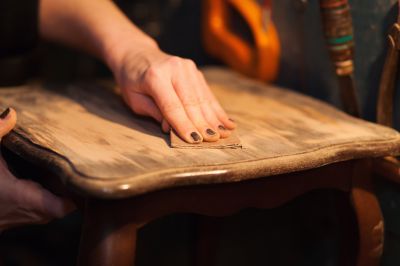
A technician filling and sanding a damaged wooden surface.

Replacing worn fabric on a vintage armchair with new upholstery.
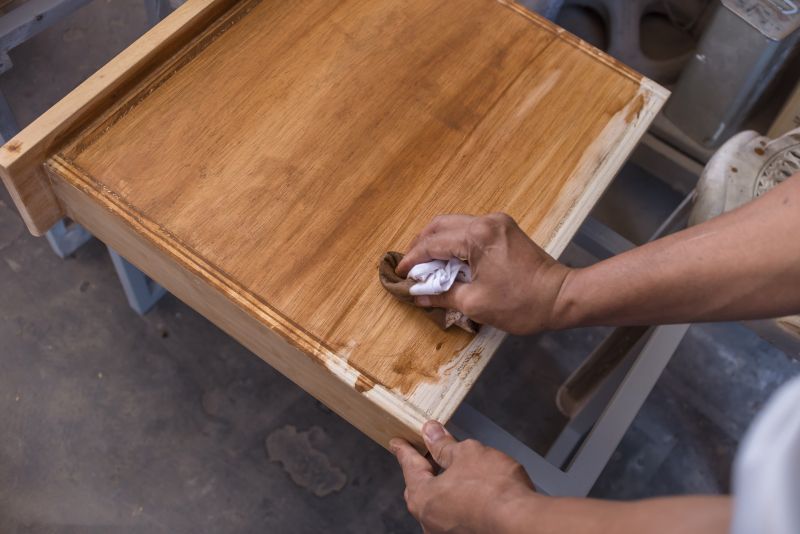
Applying stain and protective finish to restore a wooden cabinet.
The furniture repair process begins with an assessment of the piece to determine the extent of damage and the appropriate techniques. Preparation involves cleaning and removing any existing finishes or fabrics that hinder repair work. Structural repairs, such as fixing loose joints or broken parts, are then performed using specialized tools and adhesives. Surface imperfections like scratches, dents, or discoloration are addressed through sanding, filling, and refinishing. For upholstery, damaged fabric is removed and replaced with new material, ensuring a seamless look. The final steps include applying protective finishes or sealants to enhance durability and appearance. Skilled technicians ensure that each repair maintains the original character of the furniture while restoring its functionality. The process is meticulous, often requiring multiple stages to achieve a high-quality result. Properly repaired furniture can look as good as new and continue to serve for many years.

A craftsman reinforcing a wooden joint with glue and clamps.

Removing old fabric and preparing new material for reupholstery.
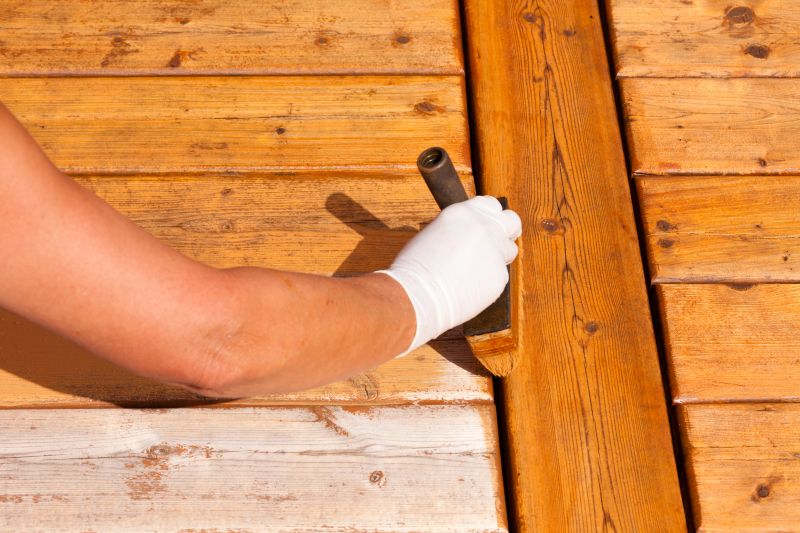
Applying stain and varnish to restore a wooden surface.
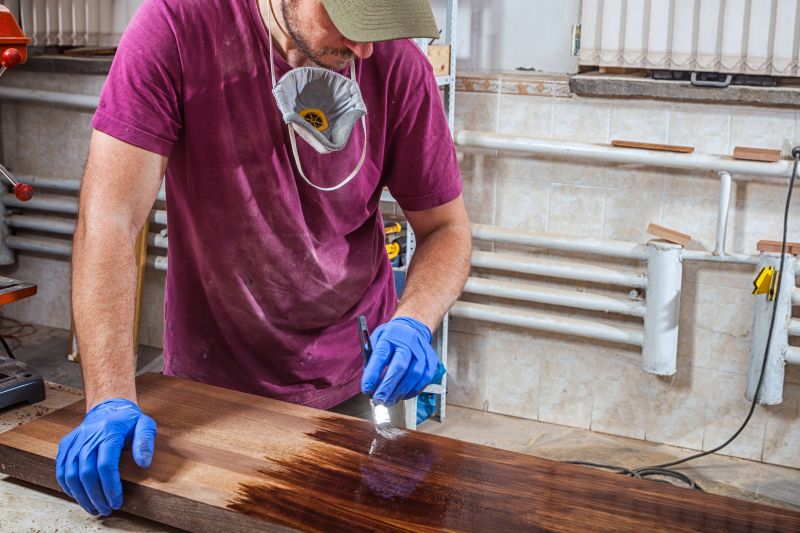
A professional applying finishing touches to a repaired wooden table.
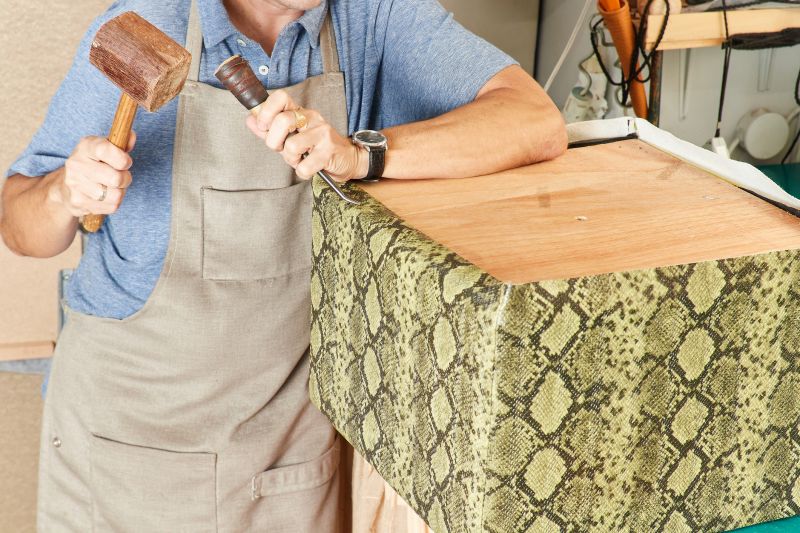
A craftsman expertly reupholstering a vintage sofa.
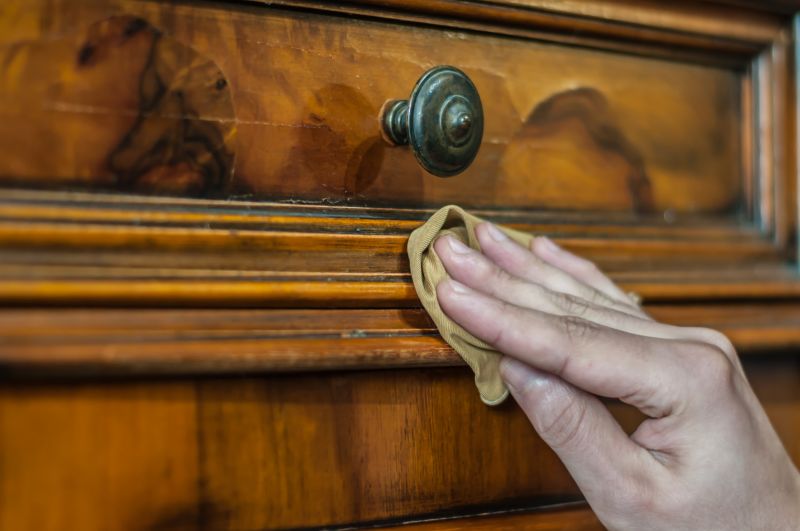
Applying protective varnish to a restored wooden cabinet.
For those seeking to maintain the beauty and functionality of their furniture, professional repair services are a practical choice. They ensure that repairs are performed correctly, with attention to detail and material compatibility. This results in a finished product that looks natural and retains its original charm. Professional repairs can also address underlying structural issues that might not be visible but could cause future damage. Choosing experienced technicians minimizes the risk of subpar work and ensures the longevity of the furniture. Ultimately, investing in professional repair helps preserve valuable pieces, saving money over time by avoiding premature replacement. It also provides peace of mind that the repair work will meet high standards of craftsmanship and durability.

A technician carefully refinishing a wooden chair.
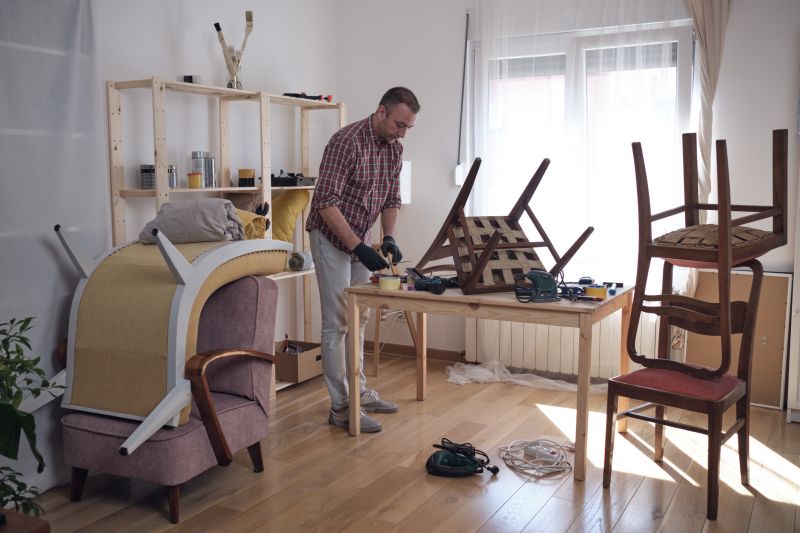
A professional reupholstering a sofa with new fabric.

Applying stain and finish to a restored wooden table.
Interested in restoring your furniture to its former glory? Contact today to receive a detailed quote for professional furniture repair services. Proper repairs can extend the life of valuable pieces and enhance their appearance, making them a worthwhile investment for any space.



